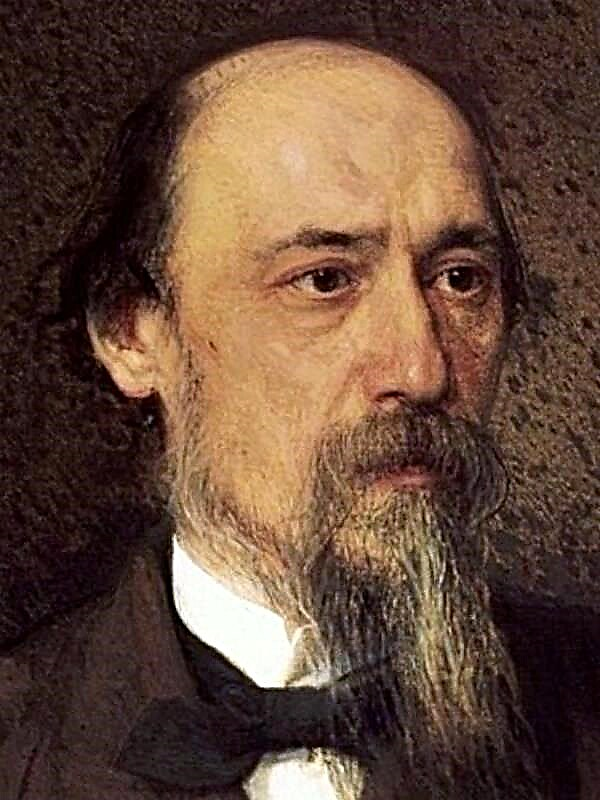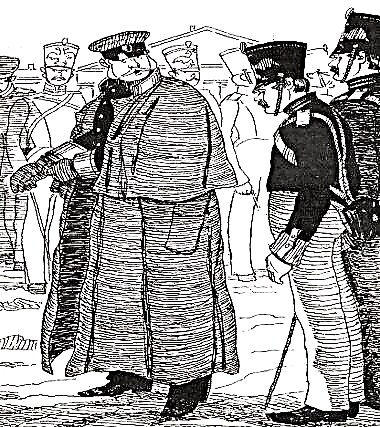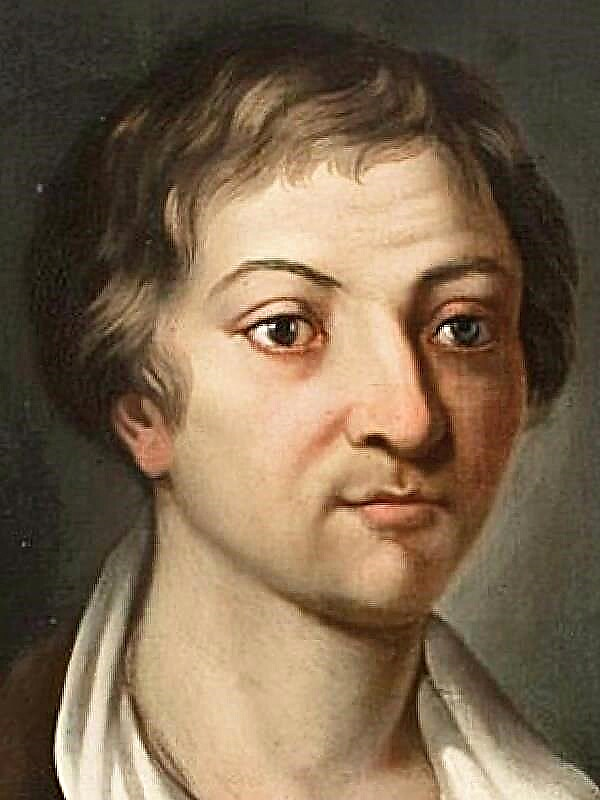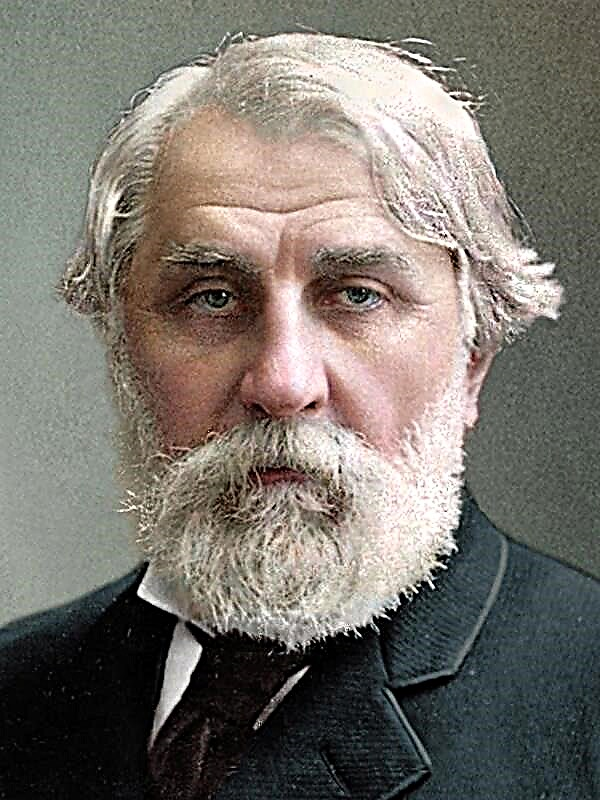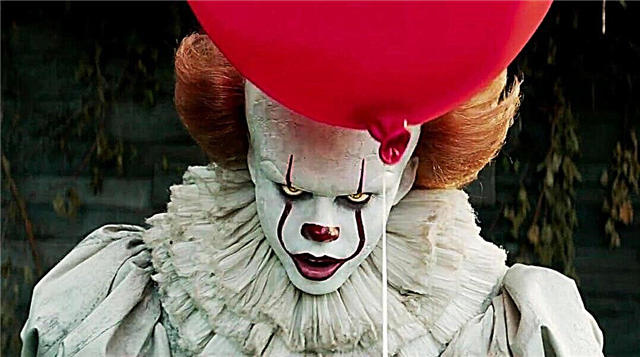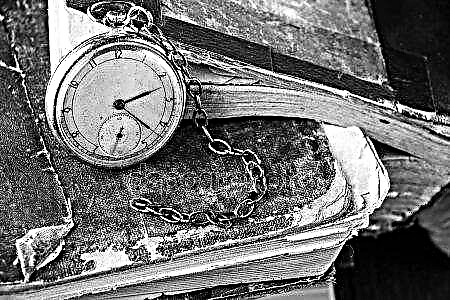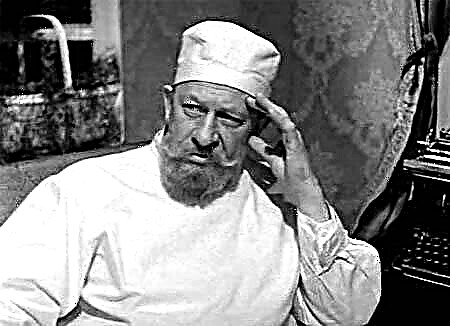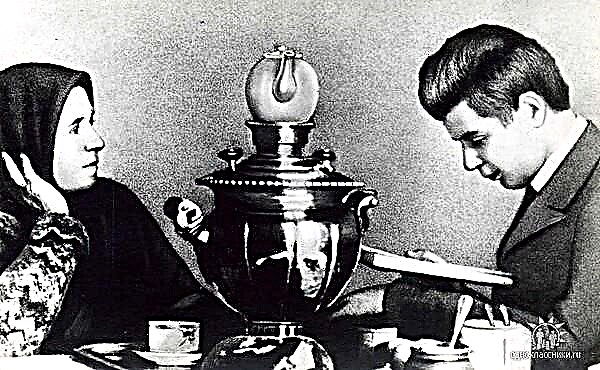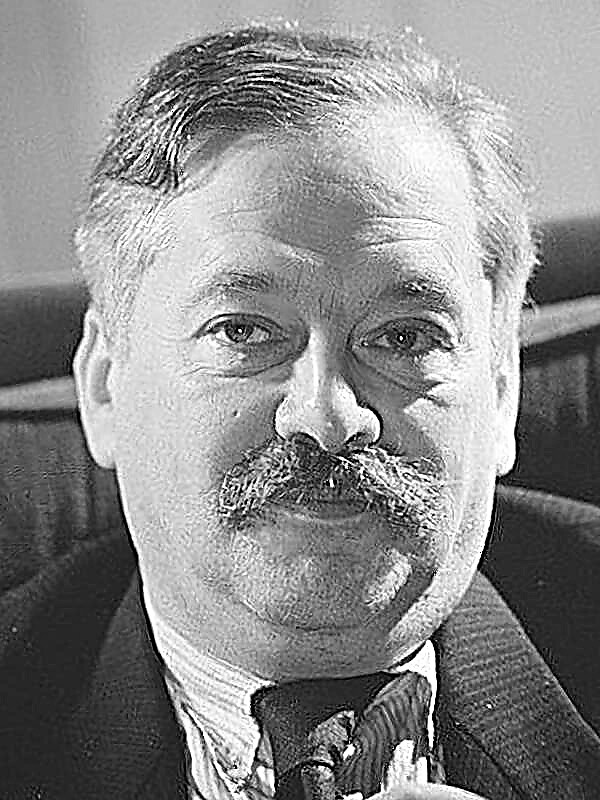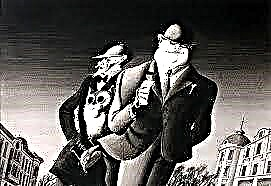In 1903, Anton Pavlovich Chekhov created a magnificent play in four acts. The Cherry Orchard is still a classic of the dramatic genre. Despite the fact that the work begins in the genre of comedy, towards the end you can notice (in principle, characteristic of the author) a combination of comic and tragic. How symbolic is the title of the work? Or does the "cherry orchard" have no double meaning?
The cherry orchard is a unifying image in the work. He combines the fate of the heroes and exposes the designs of each. The garden appears in the image of a concrete front garden where cherry trees grow, but it also symbolizes the noble decline and the growing revolutionary mood in the country. The middle of the play is saturated with sad and pessimistic moods from the need to cut down the main character's favorite garden. Representatives of three times gathered in the play: past, present and future. The past time appears in the image of Ranevskaya, who is tied to the "cherry orchard", that is, she is not ready for change and triples her all. The present is presented in the image of Lopakhin, who is ready for change, moreover, he acts as a propagandist for change. The future acts as Ani, the daughter of Ranevskaya, a promising girl who does not yet know what she will do in life. The cherry orchard acts as a connecting link among these three generations; it is a neutral image around which intrigues are woven and disputes are tied. The season that acts on the garden is also symbolic: the play begins in spring, when the trees bloom and ends in autumn, when exposure of tree branches is inevitable.
In every action of the play, in almost every dialogue, the cherry orchard acts as the main connecting part of the characters. Of course, someone is directly connected with the garden, such as, for example, Ranevskaya, and someone does not have any relation to the trees at all, such as Peter Trofimov. But it is the attitude of the heroes to the garden that reveals the true meaning of each on a temporary tape.
In Chekhov's play, the symbol of the cherry garden is a symbol of Russia, which at that moment was at the crossroads of its development. Ideologies, social strata and people of different professions could not know what lies ahead. The author tries to unobtrusively say this in the work, so that even Maxim Gorky, without giving a high mark to the play, spoke of an inexplicable rush of longing after reading the Chekhov Garden.

